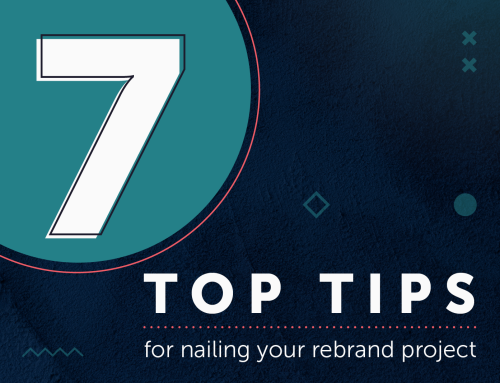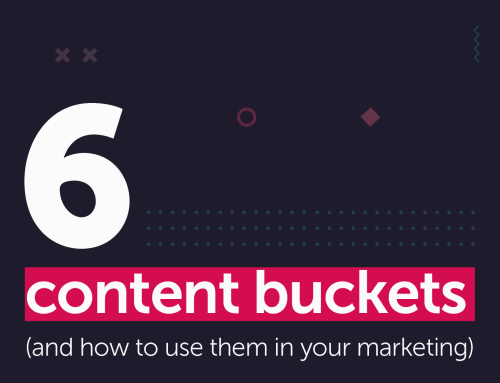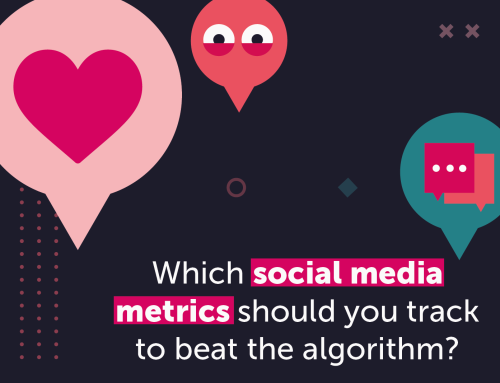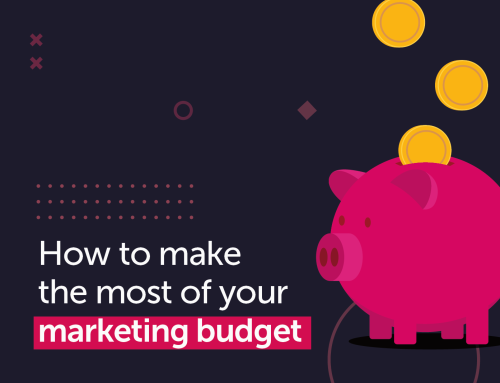Are your marketing activities as effective as you would like them to be? Many business owners would probably answer ‘no’ – while they may be working OK, we always want more out of marketing communications.
One reason that your marketing comms may not be working as well as they could, is because of a gap between your marketing messages and your brand identity. This gap can be what makes target customers pause before clicking your link, question whether what you say is true, or go to a competitor to buy, rather than your business.
BRANDING AND MARKETING: WHAT’S THE DIFFERENCE?
Often people use ‘branding’ and ‘marketing’ interchangeably, but they are quite different:
Branding reflects your organisation or products’ values, personality and attributes; it’s what attracts customers by generating emotions, it determines whether they become loyal customers, and if they will recommend your business, services, or products to others.
Marketing on the other hand describes the activities you do to reach customers and push them towards your business. These might include social media, email, print advertising, online advertising, events, promotional material etc. Effective marketing will have your brand identity at its heart.
Branding is strategic. Marketing is tactical.
Here are a few examples of where branding isn’t integrated with marketing activities creating a disconnect in customers’ minds:
- The marketing promotes ‘buy one get one free’, whereas the branding says ‘we only sell high quality, exclusive products’,
- The marketing says ‘we’re really cool and fun’, the branding revolves around traditional values and a ‘safe pair of hands’,
- The marketing promises to ‘match our competitors on price’, but the branding says ‘we’re unique, we do things differently from the rest’.
As you can see these conflicting messages create a gap between what marketing is saying and the values, personality and attributes of the organisation / product. This is why it is so important to be clear on what your brand identity is before embarking on any marketing. With a well thought out brand strategy your marketing activities will be more effective, and you will not only reach new customers but also keep existing customers returning for more.
Your Brand Identity
Branding is not just about logos and design, although this is part of delivering a consistent message across all your communications. Just as important, if not more, is what your branding says about your business or product.
Branding should answer the ‘why’. Why does your organisation exist? Why does your product do what it does? Why you? It should also make your business distinct from anyone else’s by conveying what you think about your business (and what your customers also think) via its attributes, values, purpose, strengths, and passions.
It should reflect the culture of your organisation and personality; for small businesses this is likely to include the personality and culture of your team. This becomes the brand’s character.
Culture also reflects values and principles, which could be to do with trust and stability in some businesses, whereas in others it might be about lifestyle, socialising and having fun.
Your brand identity should also reflect your core customers; it’s not just about you! Instead you want to ensure that customers ‘get’ your brand, and to do this it must reflect back on them positively.

How To Use Your Brand Identity In Marketing
The points above will give you some idea of what should be thinking about when defining a brand identity. However, if you already have one and it’s not aligned with your marketing activities, here’s what to do.
When considering marketing activities the following checklist should help you align them with your branding:
Objectives
Make sure the objectives for your marketing are aligned with your organisations’ vision and mission statements – if you have them. How does this marketing fit in with the overall business goals?
Audience
Who is your target audience and what do they think of your product or service? What do they expect from your brand? Why do they buy from you and not your competitors, and what benefits do they derive from you?
Core message
Be clear what you want to say in your marketing and how it fits with your brand identity. This will help ensure there is no disconnect. For example, instead of ‘buy one get one free’ for a brand that prides itself on exclusivity, ‘order today and receive an exclusive gift’ may be more appropriate.
Personality
Ensure that your marketing reflects your brand’s character and matches the tone to your audience. How do they want to be spoken to? Your tone can change depending on your audience, such as when you communicate with customers or when you communicate with investors. However it is always aligned with the overall brand character.
Brand Positioning
Every piece of marketing helps to build your brand identity and therefore you should look for opportunities to promote this. You may have planned to send out an email sharing a special offer but could you also help position your brand further in other ways? For example by sharing a blog post as well to position your brand as ‘thought leaders’ in your field.
For more on branding for small businesses, read this post How Important Is Branding For Local Businesses?
If you would like to discuss your branding requirements, or explore further how your marketing could be more effective with a clear brand identity, contact me on 01252 717373 or email hello@hypedmarketing.co.uk










